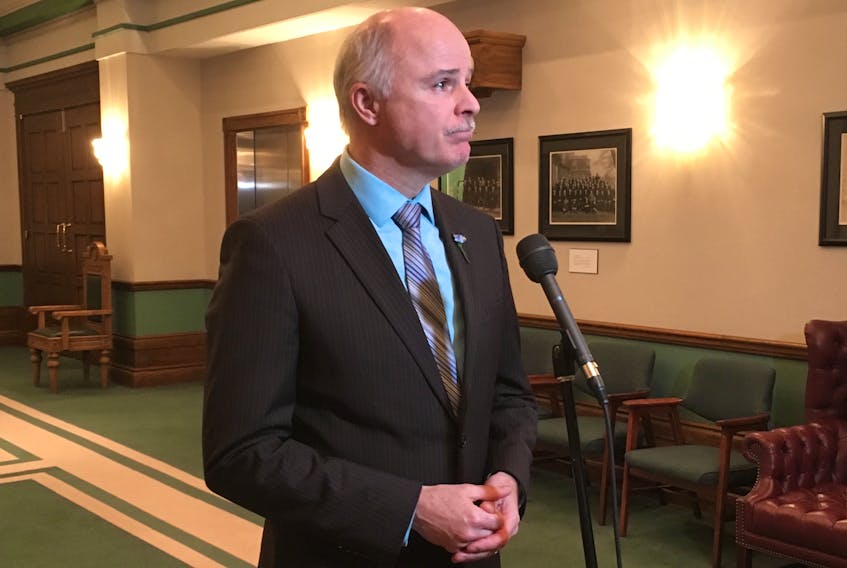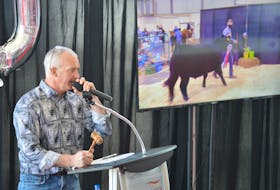Budget consultations are not the place for serious discussions of government finances at the best of times but in an election year, the usual charade becomes something else again.
This year, people lined up asking a government that is the better part of a billion dollars short on its budget this year to spend even more money that it doesn’t have next year. There are the usual cries from the usual special interests to hire more of their members but even groups that two years ago were calling for drastic action to curb spending are now sticking their hands out toward the government election-year goodie bag in hopes a few treats.
For its part, the government is playing along. There will likely be a tax cut this year and a few other bits of retail politics. But what you won’t hear about is that the government probably won’t hit its target of delivering a surplus budget in 2022.
That is a major problem. There are three reasons for it.
First, there is the politics of it. The bond-rating agencies doubted from the start that the provincial government could stick to its modest plans. They were right. The current administration abandoned its 2016 budget plan in 2017. It put off all the elements related to public sector unions to an undefined point in the future, which means never.
If the Progressive Conservatives win the next general election, their plan to handle every problem by fighting with the federal government sounds like a return to the policies that created the current financial problems in the first place. More of the same is no change at all.
If the Liberals are re-elected, they are unlikely to shift off their current tack. Fixed election dates coupled with the reality that Dwight Ball is likely in the last year or two of his political career put the Ball Liberals — like the PC’s before them — in constant fear of an imminent election. That means they have no interest in talking about potentially controversial issues let alone actually do anything that might make some people a bit grumpy.
Second, the government’s stake in the Bay du Nord offshore oilfield will add another $1 billion in new spending that will come from new borrowing. The project also adds significant and thus-far undisclosed financial risk of cost over-runs and environmental issues during development and operation. None of that was in the original plan to balance the books by the early 2020s.
Third, the premier’s commitment on electricity rates – no one in the province will have to pay for Muskrat Falls through rates or taxes – is unrealistic. Thankfully no one believes it anyway. That’s because every approach the government has been looking at would cost upwards of $500 million or more in new spending or diverted revenues that the government budget plans don’t allow for. There is little likelihood of a federal commitment to give that sort of money to Newfoundland and Labrador over the next 20 years, let alone the 50 to 65 years the original Dwight Ball and current Ches Crosbie plans call for. As a result, any rate mitigation plan will drive up government costs about the size of the current deficit without any offsetting income.
Whatever the political parties promise and whatever people demand in new spending during the upcoming election must be balanced against the cold reality of the provincial government’s financial problems. We can and must improve the way government works and what it does for Newfoundlanders and Labradorians. But at the same time, we must be financially responsible to ourselves and future generations.
Otherwise, we may find that if we turn the corner the finance minister talks about, we are staring at an even bigger wall than the one we smacked into four years ago.
Ed Hollett
St. John’s
Related stories:
Newfoundland and Labrador budget consultations will inform decisions: Osborne









